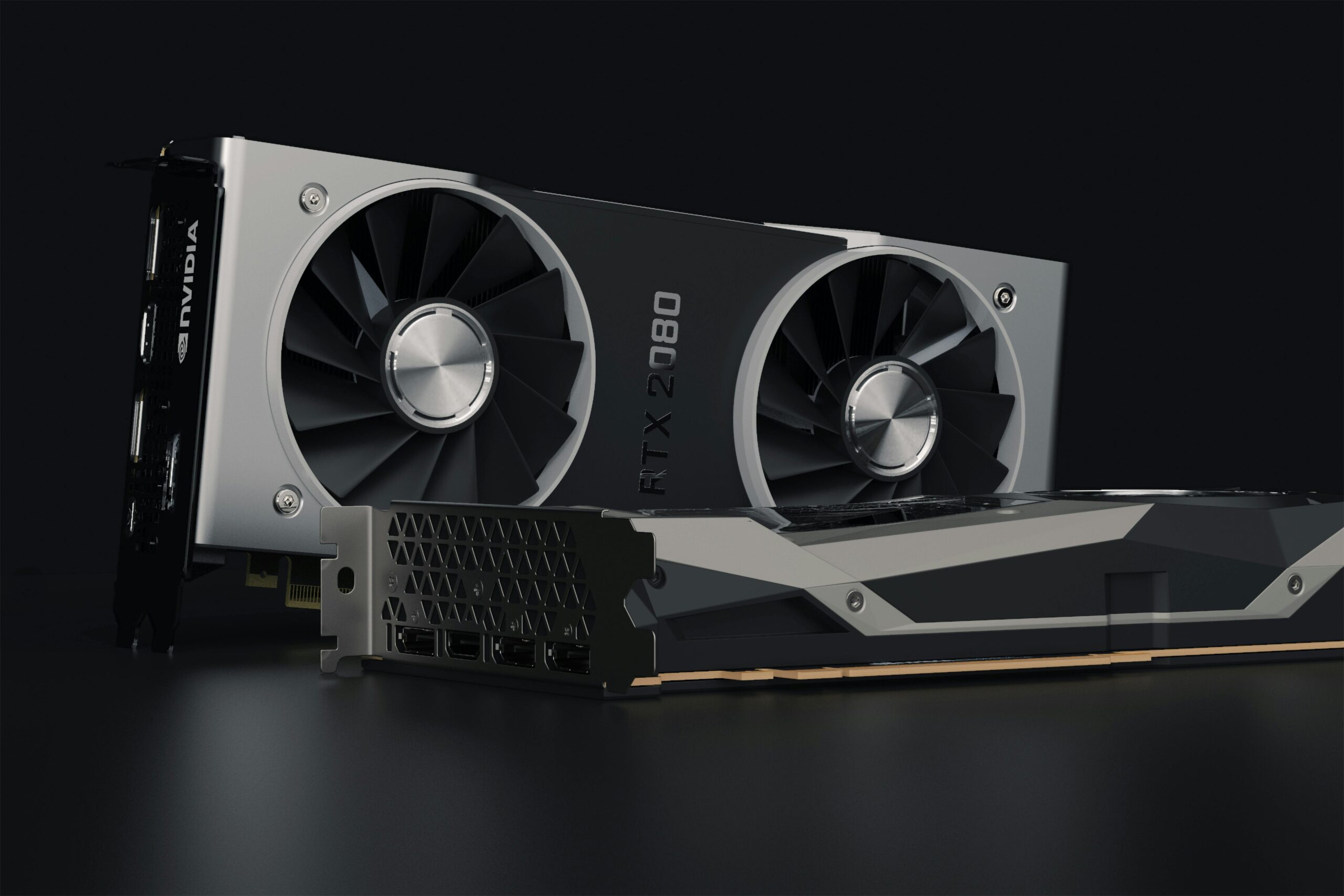
The Future of AI Chatbots: Can Deepseek Beat ChatGPT?
The AI chatbot revolution is moving at breakneck speed. What began as rudimentary text generators has morphed into sophisticated tools capable of drafting legal contracts, diagnosing illnesses, and even composing symphonies. In this rapidly evolving landscape, two names are sparking intense debate: ChatGPT, the global sensation from OpenAI, and DeepSeek, China’s rising star optimized for precision. The question on everyone’s mind is whether DeepSeek can dethrone ChatGPT as the king of AI chatbots—or if they’ll carve out separate empires in the future. Let’s dive into the trends, challenges, and possibilities shaping their rivalry.
The Current State of Play
ChatGPT needs no introduction. Since its 2022 launch, it’s become synonymous with AI chatbots, boasting over 100 million users in just two months. Its strength lies in versatility: it can write jokes, debug code, and explain quantum physics in layman’s terms. Powered by GPT-4, it’s a jack-of-all-trades, trained on vast datasets spanning literature, science, and internet culture.
DeepSeek, meanwhile, has taken a different path. Developed by a Chinese tech team, it’s engineered for accuracy in technical domains. While less visible in mainstream circles, it’s gaining traction among developers, data scientists, and engineers for its ability to solve complex equations, generate clean code, and analyze datasets with surgical precision. Think of it as ChatGPT’s “hyper-focused cousin” who aced every STEM class but skipped the creative writing electives.
The Road Ahead: Key Battlegrounds
1. Specialization vs. Generalization
The future of AI may hinge on a classic dilemma: Do users want a Swiss Army knife or a scalpel?
ChatGPT’s generalist approach makes it accessible to everyone, from students drafting essays to marketers brainstorming campaigns. However, its “master of none” weakness shows in technical fields. For example, while it can write Python code, developers often need to tweak its outputs for efficiency.
DeepSeek, by contrast, is built to excel in structured tasks. Early adopters praise its ability to generate error-free code snippets or solve calculus problems step-by-step. If demand grows for niche expertise—especially in industries like finance, engineering, or healthcare—DeepSeek could dominate these verticals.
Prediction: By 2025, expect a surge in industry-specific AI tools. DeepSeek might lead in sectors requiring precision, while ChatGPT remains the go-to for everyday creativity.
2. Technological Leaps: What’s Next for Both Models?
Both platforms are racing to innovate. Here’s where they’re headed:
- ChatGPT: OpenAI is prioritizing multimodal capabilities (handling text, images, and voice seamlessly) and real-time data integration. Future versions could analyze live stock markets, summarize breaking news, or tutor students using the latest research. Plugins and API partnerships will expand its utility in apps like Slack or Excel.
- DeepSeek: Leaked reports suggest a focus on computational scalability—processing larger datasets faster—and domain-specific fine-tuning. Imagine a DeepSeek variant trained exclusively on biomedical journals for drug discovery or one optimized for real-time financial forecasting.
Wildcard: If DeepSeek integrates quantum computing advancements (a priority in China’s tech agenda), it could solve problems deemed impossible for classical AI models.
3. Global Adoption and the China Factor
Geopolitics will play a role. ChatGPT faces limited access in China due to regulatory hurdles, creating a vacuum for homegrown rivals like DeepSeek. Conversely, DeepSeek’s global expansion could be hampered by Western skepticism toward Chinese tech (e.g., data privacy concerns post-TikTok).
Yet demand for specialized AI could transcend borders. A European fintech startup might prefer DeepSeek for algorithmic trading, while a U.S. game studio sticks with ChatGPT for narrative design.
Key Insight: DeepSeek’s success outside Asia hinges on forging partnerships with global tech firms—and convincing users its benefits outweigh geopolitical fears.
4. Ethics, Bias, and Transparency
Both face scrutiny:
- ChatGPT has grappled with “hallucinations” (fabricating facts) and embedded biases. OpenAI’s transparency efforts—like public red-teaming exercises—aim to build trust.
- DeepSeek operates in a less transparent ecosystem. While its narrow focus reduces ethical risks (e.g., it’s less likely to generate harmful content), its training data and governance remain opaque.
Regulatory trends, like the EU’s AI Act, could force both to adapt. ChatGPT’s public-facing nature makes it a bigger target for scrutiny, while DeepSeek’s technical niche might shield it—for now.
5. The Price of Intelligence
Cost is a silent battleground. Training advanced AI models requires massive computational resources. ChatGPT’s free tier is subsidized by its paid Plus subscription and Microsoft’s Azure cloud infrastructure. DeepSeek, meanwhile, targets enterprise clients willing to pay premium prices for accuracy.
As competition grows, pricing models will evolve. We might see:
- ChatGPT: Ad-supported free access, tiered subscriptions for professionals.
- DeepSeek: “Pay-per-task” APIs for developers, custom enterprise packages.
Affordability could tip the scales for startups and individual users.
Can DeepSeek Actually Win? Three Scenarios
- The Specialist Supremacy Scenario
If businesses prioritize accuracy over creativity, DeepSeek becomes the AI of choice for tech, finance, and healthcare. ChatGPT remains popular for casual use but cedes ground in high-stakes industries. - The Hybrid Future Scenario
Developers integrate both AIs into workflows: ChatGPT for brainstorming and drafting, DeepSeek for refining and validating. Think of it as “human-AI collaboration 2.0.” - The Stalemate Scenario
Both plateau due to regulatory hurdles, computational limits, or market saturation. New players (like Elon Musk’s Grok or open-source models) disrupt the duopoly.
The Bigger Picture: Collaboration Over Competition?
The real winner in the ChatGPT vs. DeepSeek rivalry isn’t either platform—it’s humanity. Their competition drives innovation, pushing both to address weaknesses. For instance:
- ChatGPT is already improving its coding skills (see GitHub Copilot integration).
- DeepSeek’s team is experimenting with creative modules for broader appeal.
Meanwhile, industries from education to healthcare benefit from their advances. A doctor in Nairobi could use ChatGPT to explain treatment options to patients, while an engineer in Munich relies on DeepSeek to simulate bridge stress tests.
Final Thoughts
Will DeepSeek beat ChatGPT? It’s unlikely to “win” in a traditional sense—but it doesn’t need to. The future of AI isn’t a zero-sum game. Just as smartphones didn’t kill laptops, specialized and generalist chatbots will coexist, each excelling in their lanes.
For users, the takeaway is simple: Choose the tool that aligns with your goals. Need a creative partner for storytelling? ChatGPT’s your muse. Building a quantum algorithm? DeepSeek’s precision is unmatched.
One thing’s certain: this race is just heating up. As AI evolves, so too will our definitions of “intelligence,” “speed,” and “success.” Buckle up—the best is yet to come.
FAQs
1. Will DeepSeek replace ChatGPT in the next 5 years?
Unlikely. While DeepSeek could dominate niche technical fields (e.g., coding, engineering), ChatGPT’s versatility and brand recognition make it irreplaceable for everyday creativity and general tasks. The future will likely see both coexisting, much like smartphones and laptops serve different needs.
2. What gives DeepSeek an edge over ChatGPT?
DeepSeek’s focus on precision, speed, and technical accuracy in STEM-related tasks makes it a favorite for developers, data scientists, and engineers. Unlike ChatGPT, it minimizes “hallucinations” in structured tasks like code generation or mathematical problem-solving.
3. Can ChatGPT catch up to DeepSeek in technical domains?
Yes—and it’s already trying. OpenAI is improving ChatGPT’s coding skills (e.g., GitHub Copilot integration) and adding plugins for real-time data analysis. However, DeepSeek’s specialized architecture may keep it ahead in raw technical performance.
4. How might geopolitics affect this AI race?
China’s regulatory restrictions limit ChatGPT’s access there, boosting DeepSeek’s local dominance. Conversely, DeepSeek’s global expansion could face hurdles due to Western skepticism about data privacy and Chinese tech. Cross-border partnerships will be critical for both.
5. What industries will DeepSeek likely dominate?
- Finance: Algorithmic trading, risk analysis.
- Healthcare: Drug discovery, medical data processing.
- Engineering: Simulation, structural modeling.
- Software Development: Error-free code generation.
6. Will AI chatbots like these replace human jobs?
They’ll augment—not replace—roles. For example:
- ChatGPT could help marketers draft campaigns faster.
- DeepSeek might assist engineers in prototyping code.
Jobs requiring empathy, strategy, or creativity will remain human-driven.
7. Can DeepSeek and ChatGPT collaborate?
Absolutely! Developers already use both:
- ChatGPT brainstorms ideas or drafts content.
- DeepSeek refines outputs for technical accuracy.
This hybrid approach maximizes efficiency and creativity.
8. What ethical risks do these chatbots pose?
- ChatGPT: Bias in training data, misinformation.
- DeepSeek: Over-reliance on its outputs in critical fields (e.g., healthcare).
Both require robust oversight, transparency, and user education to mitigate risks.
9. What future updates could change the game?
- ChatGPT: Real-time web access, advanced multimodal features (video/audio).
- DeepSeek: Quantum computing integration, industry-specific fine-tuning.
Breakthroughs in either could redefine their roles.
10. Should I invest time learning both tools?
Yes. Understanding their strengths will make you adaptable:
- ChatGPT: For communication, ideation, and content.
- DeepSeek: For technical problem-solving and data-heavy tasks.
Proficiency in both could future-proof your skill set.




